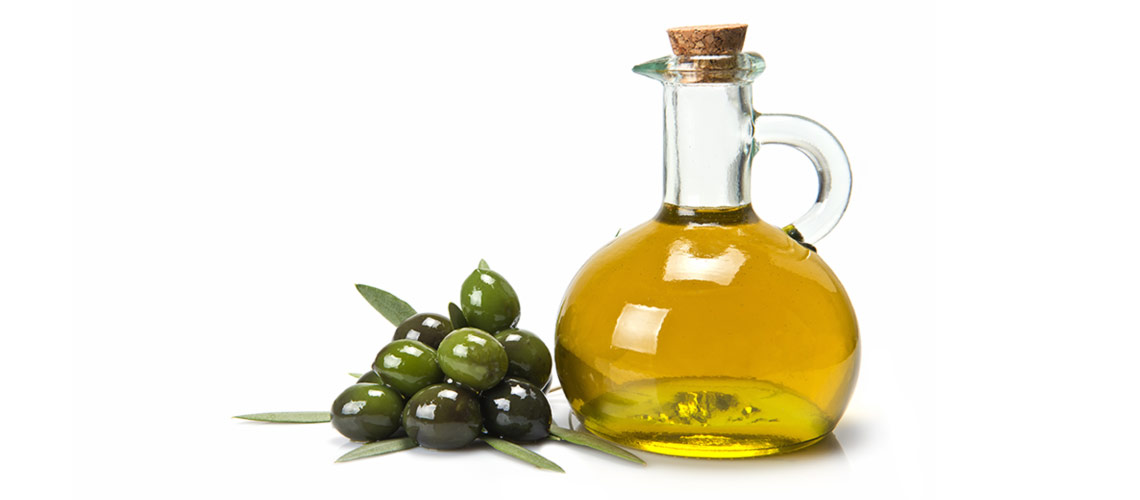Greece is the ideal place for the development of olive. The climate, soil, cultivation, favoring its development. The olive tree have few requirements and it is very adaptive. Grown mainly in Crete in areas of the Peloponnese and the Ionian Islands. The beneficial properties of olive oil and table olives in health is now known. The main ingredients of the olive flesh are: water, oil, sugars, proteins, gums, resins, organic acids, tannins, the oleuropein, minerals etc. The olives are 10 times more antioxidants than olive oil. They contain significant amounts of vitamin A and E, which together contribute to the good health of the skin. In smaller quantities contain vitamins B1, B6 and B12. Depending on their size, 5 small olives or 3 large give 45 calories and is equivalent to one teaspoon of olive oil. It is also a good source of monounsaturated fatty acids.
Black olives are richer in total tocopherols in relation to green and the only ones that contain beta-tocopherols and alpha-tocotrienols. The trace of the olives are potassium, calcium, phosphorus, iron and magnesium, while those preserved in brine contain large amounts of sodium.
Composition of the oil
| Monounsaturated fatty acids | 73.7g |
| Saturated fatty acids | 13.5 g |
| Polyunsaturated fatty acids | 8.4 g |
| Cholesterol | 0 mg |
| Vitamin E | 12.400 mg |
| Energy | 884 kcal |



